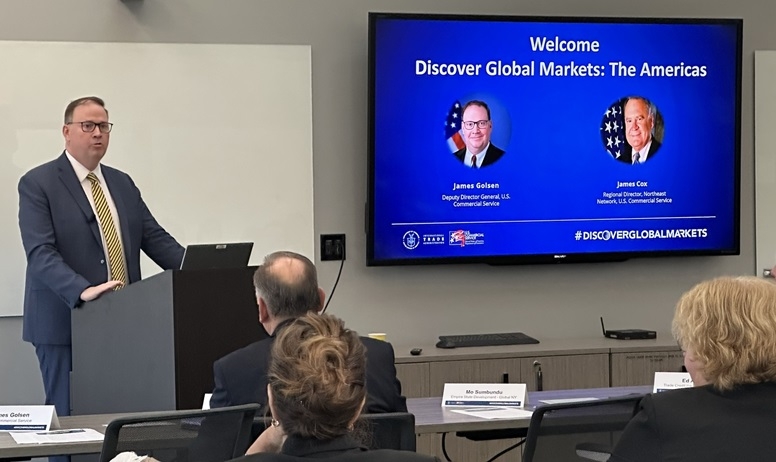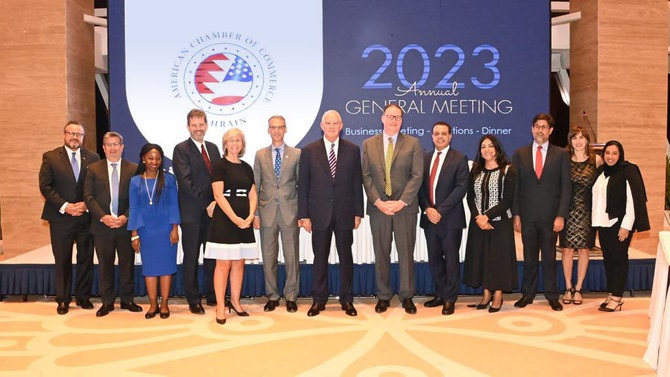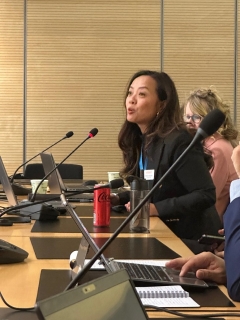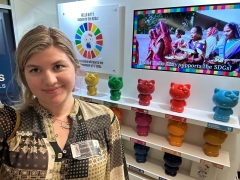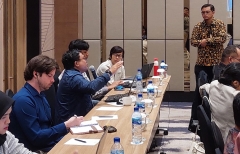Alum Leads Efforts to Reduce the Environmental Impact of the Healthcare Sector
| by Caitlin Fillmore
Mellissa Nguyen MAITP/MBA ’09, has leveraged her experiences in the Peace Corps and internships while at the Middlebury Institute to forge a pioneering career in the developing field of sustainability in the health sector.

